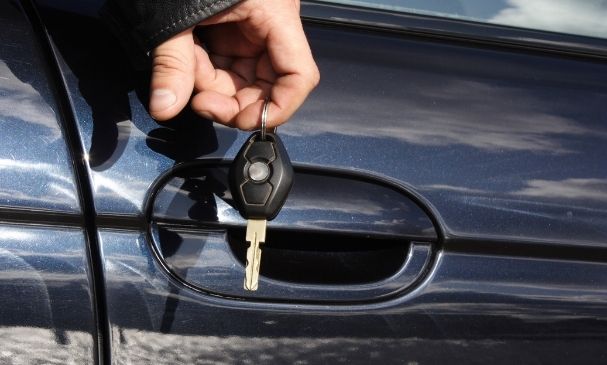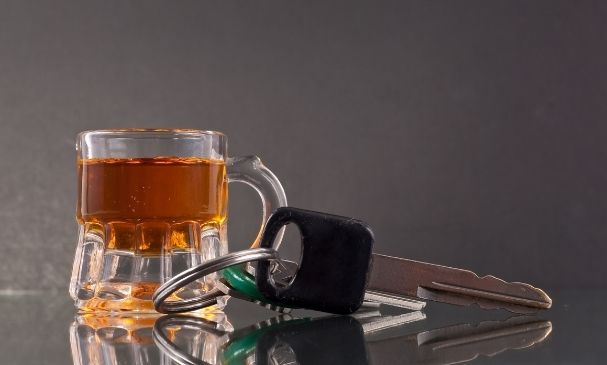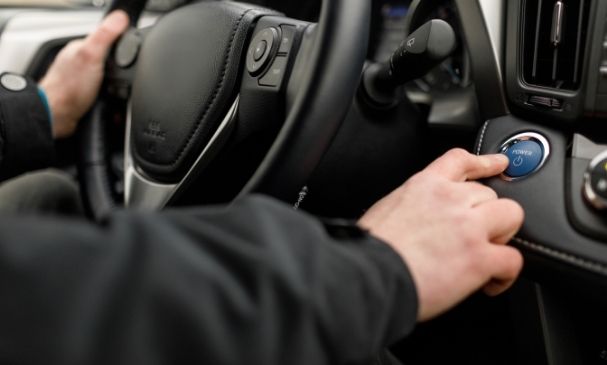Why State Lines Matter for DUI Convictions
If you’re going to an out-of-state getaway for the weekend, dire consequences may await you if you choose to drink and drive. While DUIs in-state are often a grueling experience full of stress and strife, out-of-state DUI convictions have extremely serious implications. Even though crossing state lines may not seem like a big deal, this action can have severe consequences for you and your future if you are caught driving drunk. Here are the main reasons why state lines matter for DUI convictions.











Recent Comments